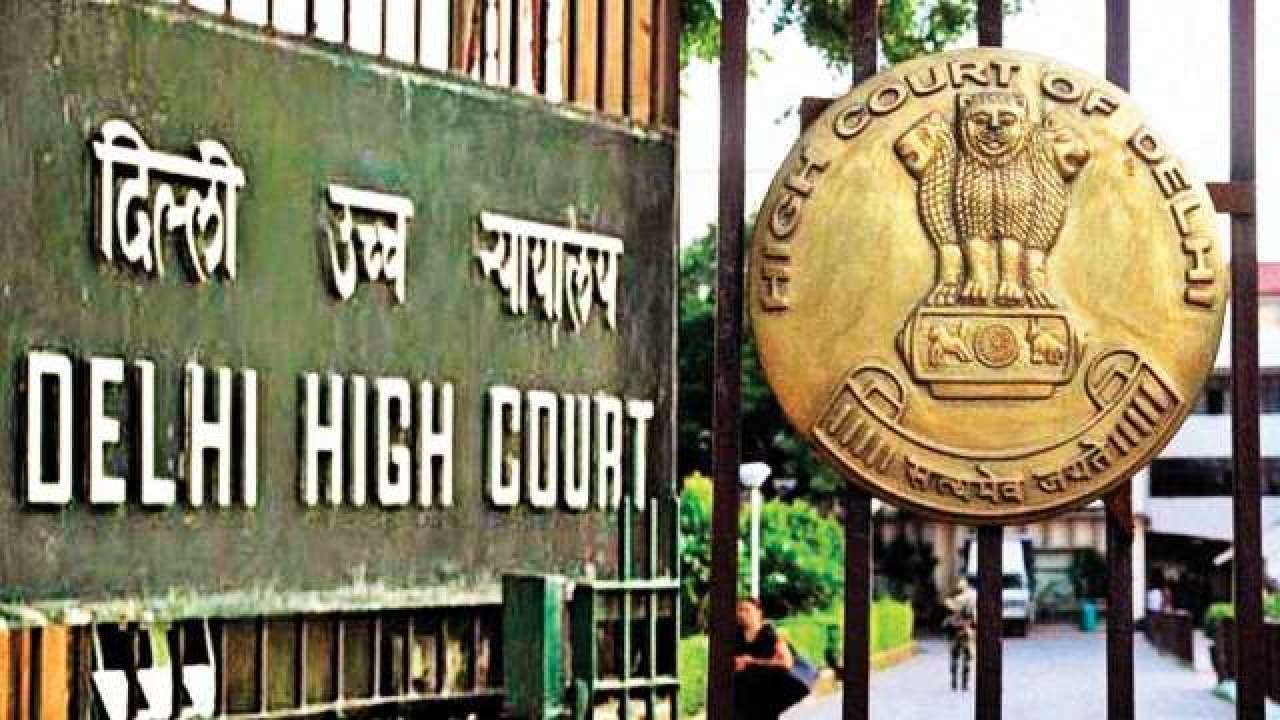The right to maintenance under section 125 CrPC of a son attaining majority from his father is upheld by the High Court of Delhi presided by HONOURABLE MR. JUSTICE SUBRAMONIUM PRASAD in the case of Urvashi Aggarwal & Ors. v. Inderpaul Aggarwal (Criminal Revision Petition no: 549 of 2018 & Criminal Miscellaneous Application . no: 11791 of 2018 (Stay))
FACTS OF THE CASE: Brief facts of the case are as follows; Urvashi Aggarwal, the first petitioner, got married to the respondent, Inderpaul Aggarwal, herein, on November 11th 1997. Out of the wedlock, two children, i.e., the second and third petitioners, were born. Disputes arose between the wife and the husband, resulting in several petitions from both sides. A decree of divorce was granted to the respondent. The High Court had directed the respondent to pay maintenance of Rs. 15,000/- each to the second and third respondents. The respondent married again and had a child from the second marriage. Both the first petitioner and respondent are employed in the Government sector. The learned Family Court has said that their son would be entitled to maintenance till he attains the age of majority, and the daughter would be entitled to the maintenance till she gets employed or gets married, whichever is earlier. The Family Court further said that since the respondent had to maintain his son, born from his second marriage, it was directed that from the date of birth of his son from the second marriage, the share of the respondent shall be 10% each for the two kids, from the wedlock with the first petitioner, as his entire salary was apportioned to five shares (two for the respondent, one each for the three kids). It has been held that since the second wife of the respondent herein is also working, she has the liability to bear 50% of the cost of her son. An instant application under Section 482 Criminal Procedure Code was filed seeking the review of this order of the Court.
It was contended by the learned counsel for the respondent that the total amount paid by the respondent to the 2nd and 3rd petitioners till date was about Rs. 29,25,825/- which is much more than the amount directed by the learned Family Court and that the first petitioner had various properties and other sources of income apart from her salary. It is further contended by the learned counsel for the petitioners that the responsibility of a father to take care of his child does not cease after the child attains majority if the child is not able to sustain himself.
JUDGEMENT: After reviewing the submissions of both the sides, the judge acknowledged that the respondent had another son from his second marriage and owed an equal responsibility to him as his other children. So, the Family Court’s apportionment of the respondent’s salary was upheld. The Court also noted that since the respondent is not contributing to the 2nd petitioner, the salary earned by the first petitioner would not be sufficient for the first petitioner to maintain herself. At the age of 18 the education of 2nd petitioner is not yet over and the 2nd petitioner cannot sustain himself. The 2nd petitioner would have barely passed his 12th Standard on completing 18 years of age and therefore the first petitioner has to look after the 2nd petitioner and bear his entire expenses. It cannot be said that the a father’s obligation would end when his son reaches 18 years of age and the entire burden of his education and other living expenses would fall solely on the mother. It is not reasonable to expect that the mother alone would bear the entire burden for herself and their son with the small amount of maintenance given by the respondent father herein towards the maintenance of their daughter. The amount earned by the first petitioner will not be sufficient for the family of three, i.e., the mother and two children to sustain themselves. The amount spent on the 2nd petitioner will not be available for the first petitioner. This Court therefore granted a sum of Rs.15,000/- per month as interim maintenance to the first petitioner from the date of 2nd petitioner attaining the age of majority till, he completes his graduation or starts earning whichever is earlier. The Family court was directed to dispose of the petition within 12 months of receiving a copy of the order.
Judgement reviewed by – Abhinav Paul Mathew
Click here to view your judgement


